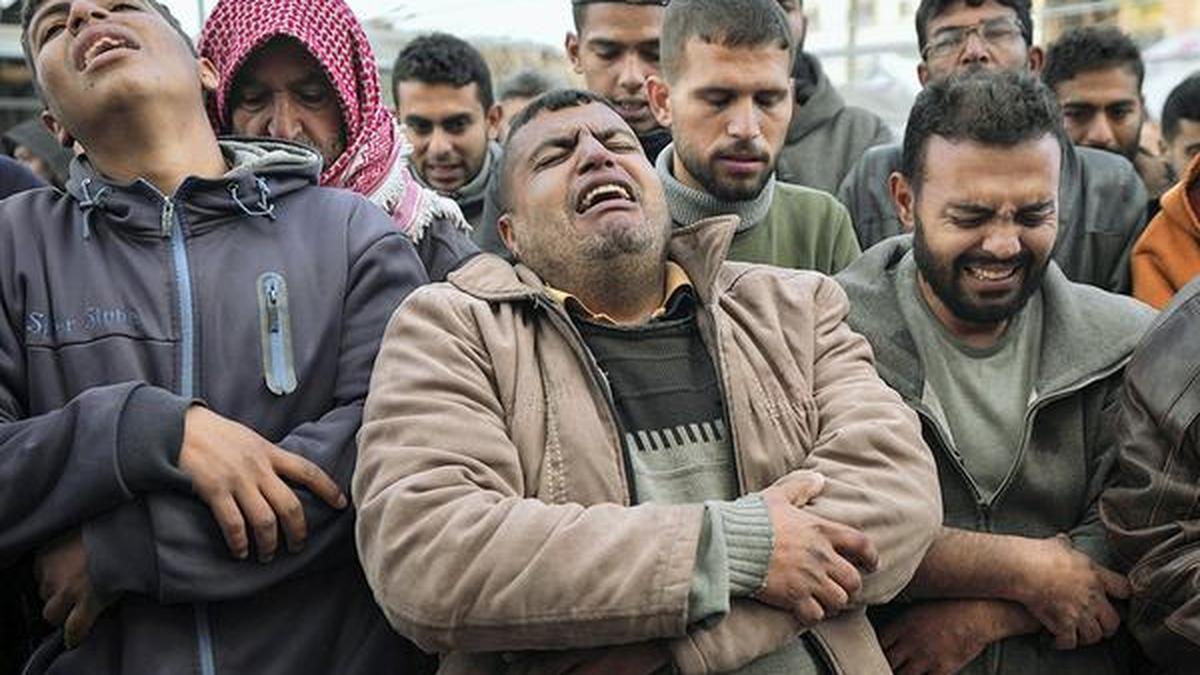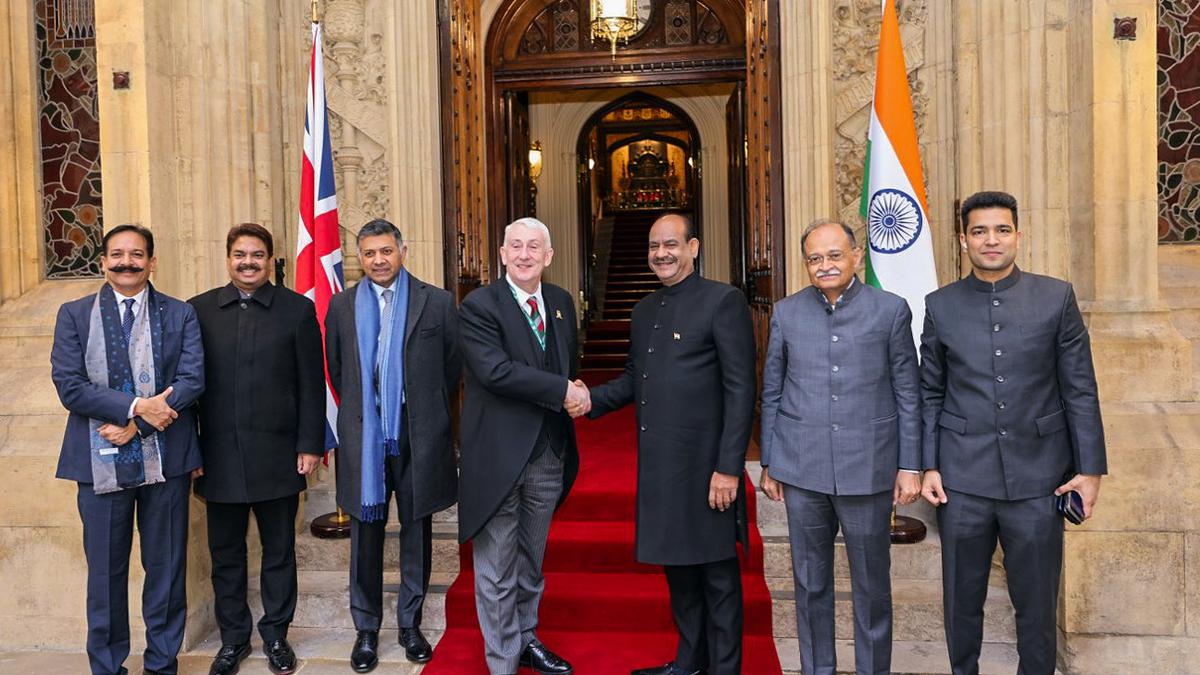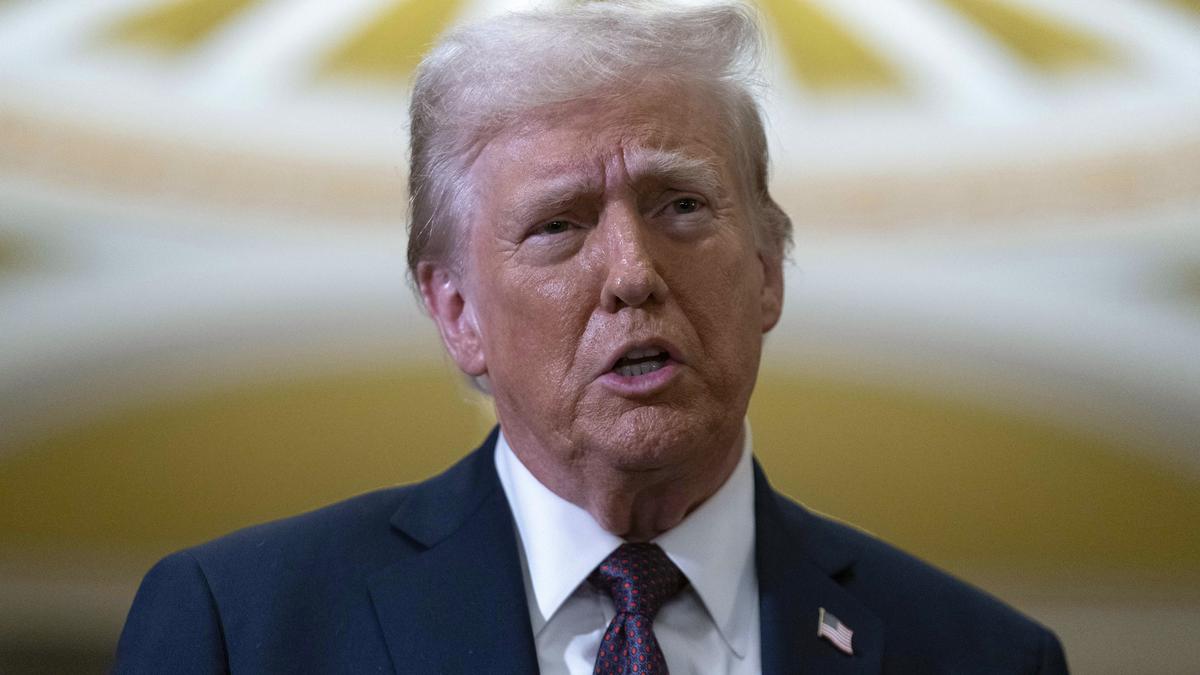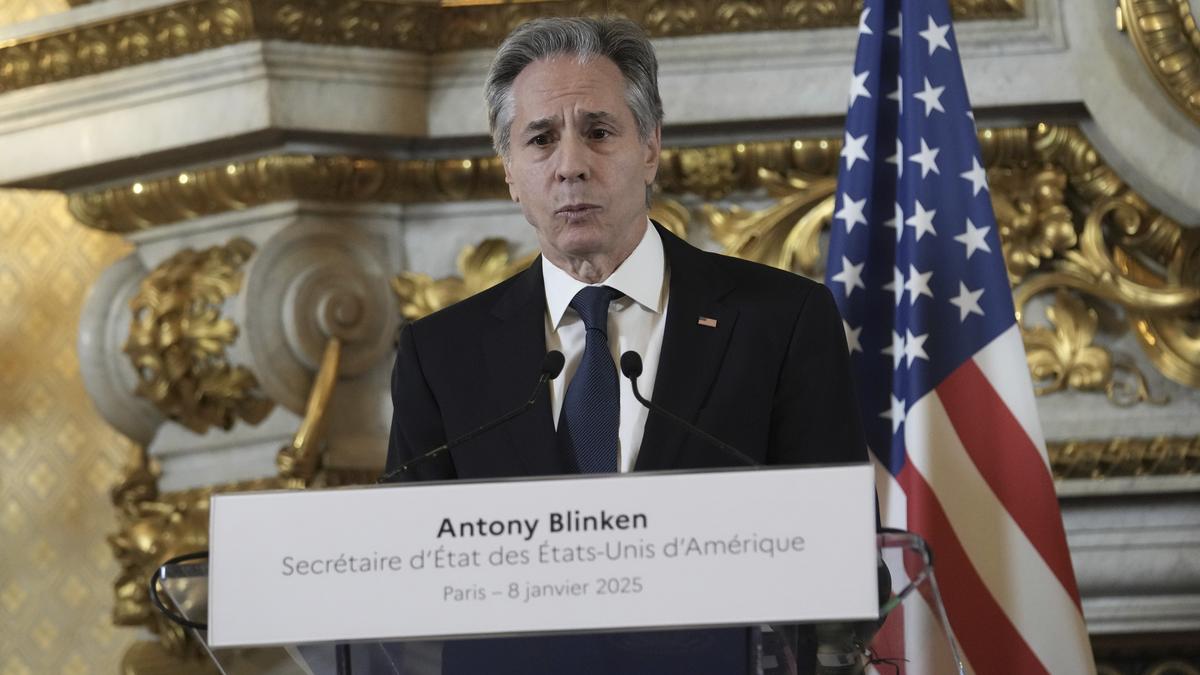(This article is part of the View From India newsletter curated by The Hindu’s foreign affairs experts. To get the newsletter in your inbox every Monday, subscribe here.)
Even as the world marked the New Year with cheer and hope, it was just another week of ceaseless terror for the people of Gaza. In its latest round of airstrikes, Israeli troops have killed over 200 Palestinians in barely three days, according to latest reports.
Israeli airstrikes killed at least 14 Palestinians in three separate attacks in the Gaza Strip on Sunday (January 5, 2025), Palestinian medics said, as U.S. and Arab mediators said they were stepping up efforts to conclude a ceasefire deal. The latest effort comes just days before Donald Trump takes office as president of the United States on January 20. The world has a lot going on, and countries are understandably preoccupied with their own political or economic crises. All the same, how long can the world be indifferent to the biggest moral crisis of our times?
As the death toll surges past 45,000 in this brutal war spanning over a year now, big powers backing Israel are showing no signs of stepping back from their blatant complicity in this mass murder and destruction. The rising death toll of children, women, journalist, aid workers — nothing seems to deter them. Amid claims of an attempted ceasefire, the Biden administration has informally notified the U.S. Congress of a proposed $8 billion arms sale to Israel that includes munitions for fighter jets and attack helicopters, Axios reported on Friday (January 4, 2025), citing two sources. “The President has made clear Israel has a right to defend its citizens, consistent with international law and international humanitarian law, and to deter aggression from Iran and its proxy organisations,” a U.S. official was quoted by Axios as saying. Except, all leading humanitarian agencies and rights watchdogs are repeatedly flagging gross violations of humanitarian law.
India’s Israel tilt
In this context, how do we understand India’s tilt towards Israel, given that India has remained a steadfast supporter of Palestine in the post-Independence years? “The BJP, free of the Congress’s foreign policy legacy, made it a priority to improve ties with Israel. The party’s rank and file watched Israel’s tough security model with admiration. The majoritarian character of Zionism in Israel–Palestine and the majoritarian ideology of Hindutva of the BJP saw ideological resonance in each other. All these factors expedited India’s gradual tilt towards Israel,” writes Stanly Johny. Read an excerpt from his new book Original Sin, published in The Hindu this weekend.
Top 5 stories this week:
1. Bangladesh:The strain in New Delhi’s ties with Dhaka persists. Bangladesh on Sunday (January 5, 2025) cancelled the visit by a delegation of its judicial officials to India. The cancellation is being interpreted as a hint that Bangladesh will reconsider some of the agreements and MoUs that were signed during the Hasina era as the training of judicial officials was part of one such bilateral MoU, Kallol Bhattacherjee reports.
2. Balancing act: As the interim government of Muhammad Yunus is being pushed and pulled by different actors in a chaotic Bangladesh, the powerful military chief, who is already in charge of law and order, continues to play a balancing act between different power centres. Kallol Bhattacherjee profiles Gen. Waker-uz-Zaman. Hope you are following our weekly Profiles page, where we feature key figures making news across the world.
3. The Hindu Editorial on the latest in India-Bangladesh relations – Cost and benefit: On Bangladesh, India and Sheikh Hasina.
4. Border dispute:India said it has lodged a “solemn protest” with China over the formation of two counties in the Hotan Prefecture that incorporates territory of India’s Ladakh. Speaking to reporters during the weekly briefing on Friday (January 3, 2025), Ministry of External Affairs (MEA) spokesperson Randhir Jaiswal reminded China that India “never accepted” Beijing’s “illegal occupation of Indian territory in this area”.
5. The IS threat:In an Editorial on the New Orleans truck attack, The Hindu noted: “The IS should not be allowed to regain a foothold in conflict-ridden West Asia. Besides, the U.S. should also get to the roots of the radicalisation of American citizens and counter it. Organisations such as the IS should be fought with both force and ideas.”
Published – January 06, 2025 11:27 am IST





